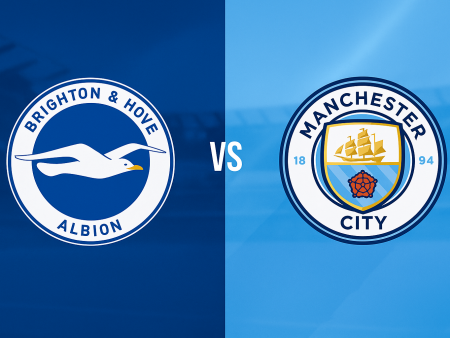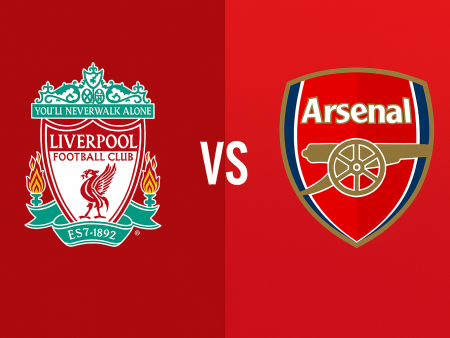Understanding the Handball Rule Controversy in Modern Football
The interpretation of handball in football has become one of the sport’s most discussed and divisive issues. Each year, attempts to clarify the rule seem only to create further confusion, sparking frustration among players, coaches, and supporters alike. Recent changes in the Premier League for the 2020-21 season have brought the debate to the forefront once more, as the application of the handball rule often appears disconnected from the realities of the game. This article explores why the handball regulation is causing unrest, the challenges it presents, and why meaningful evolution is urgently needed.
Why the Current Handball Penalty Feels Unjust
A core criticism of the existing handball law is that the consequences do not align with the severity of the infraction. Historically, football’s lawmakers have struggled to distinguish effectively between deliberate and accidental handballs, yet both scenarios frequently incur the same penalty when occurring inside the box: a penalty kick. This is especially contentious when handball incidents occur near the edges of the penalty area, often involving little intent or advantage gained.
Real-world examples from the Premier League highlight these issues. In a Crystal Palace versus Everton match, Joel Ward was penalized when a ball deflected from close range onto his arm, which was not extended away from his body nor moved with any apparent intent. Similarly, Tottenham’s Matt Doherty gave away a penalty when a ball ricocheted off a teammate and struck his arm from an extremely short distance, leaving no reasonable chance for a conscious reaction or avoidance. In both situations, the teams were punished with penalty kicks, offering the opposition a prime scoring opportunity for actions that appeared accidental and unavoidable.
For many, a more suitable response to such incidents would be to award an indirect free kick rather than a penalty. This alternative would better reflect the limited advantage gained and provide a more proportionate sanction for unintentional contact.
Deliberate vs. Accidental: Where Is the Line?
The distinction between an intentional and unintentional handball has blurred considerably. Rule changes have sought to clarify by focusing on whether the player’s arm is in an “unnatural position,” but this terminology often fails to account for natural movement during play. Players often raise their arms for balance or as part of running and jumping, yet these typical motions can now be interpreted as making themselves “bigger,” and thus, a violation.
The purpose behind the original rule was to prevent obvious attempts to handle the ball, like stopping it with one’s hand or arm to create an unfair advantage, such as handling the ball on the goal line or catching it to stop an opponent’s attack. However, with the new emphasis on arm position rather than intent, scenarios that do not give any real advantage or indicate deliberate action are resulting in harsh penalties.
Cases such as those involving Joel Ward and Victor Lindelöf-where each player’s arm was in a reasonable position for movement-have triggered controversy and debate among pundits, players, and fans. The current climate has made even ordinary gameplay feel risky, as football participants can be penalized for simply having their arms in a natural position while playing.
Potential Consequences: Gaming the System and Diminished Entertainment
The ripple effect of broad handball interpretations extends beyond current matches. If unintentional handballs consistently result in penalty kicks, attacking players may begin to exploit the rule-intentionally playing the ball at defenders' arms within the penalty area to gain an unfair advantage. Instances like Fran Kirby’s experience in the 2019 Women’s World Cup, where a penalty was awarded after the ball flicked onto a defender’s arm, illustrate the danger of attackers benefiting from unintended handling incidents. Such strategies threaten the integrity of the sport and risk overshadowing its entertainment value.
Football is fundamentally about fair competition and enjoyment, yet the handball rule in its current state often interrupts the natural flow of games, pivots outcomes on technicalities, and leaves fans dissatisfied. The risk, if left unaddressed, is a style of play where defenders are unwilling to commit to blocks or tackles inside the box for fear of accidental handball accusations, robbing the sport of its traditional intensity.
The Need for Clear and Reasonable Reform
For football to preserve its appeal and fairness, the handball rule requires thoughtful revision. Referees should be given clear, practical guidelines that emphasize deliberate actions and reward only situations where an obvious advantage is gained by using the arm or hand. Indirect free kicks or less severe consequences for accidental, unavoidable handballs within the box would help restore balance to the rule, maintaining both the integrity and excitement of the game. By focusing on genuine intention and measurable advantage, football’s lawmakers can ensure the rule serves the sport rather than undermining it.
Conclusion: Is the Handball Rule Undermining Modern Football?
As the debate over the handball rule intensifies, one thing is clear-consistent and fair application remains elusive under current definitions. If changes are not made, the sport risks further contentious outcomes, manipulated tactics, and a decline in both player morale and spectator enjoyment. Addressing the distinction between intentional and accidental handling, while proportionally matching the punishment to the action, will be critical to preserving the beautiful game that millions across the globe love.













